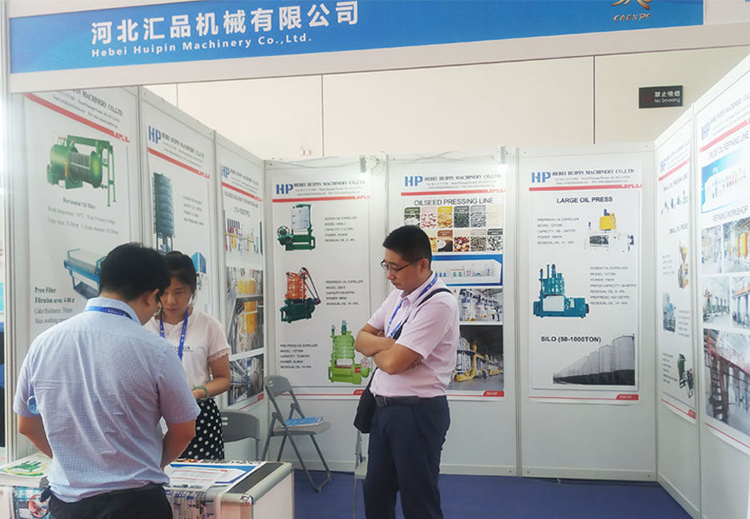Sep . 16, 2024 18:25 Back to list
Food Oil Refining Machine - Superior Quality Edible Oil Processing Solutions
The Importance of Oil Refining Machines in Food Processing
In the modern food industry, the quality of edible oils is crucial not only for flavor but also for health. Properly refined oils ensure that they are safe for consumption, have a longer shelf life, and maintain their nutritional value. This is where food oil refining machines play a vital role in the processing of edible oils.
Understanding Oil Refining
Oil refining is a series of processes that transform raw edible oil into a clean, safe, and palatable product. The crude oil extracted from seeds or nuts often contains impurities, including free fatty acids, phospholipids, pigments, and undesirable odors. Without refining, these impurities can negatively affect the oil's taste, stability, and health considerations.
The refining process typically consists of several stages degumming, neutralization, bleaching, and deodorization. Each of these stages utilizes specific machines and technology to ensure that the final product is of the highest quality.
Key Processes in Oil Refining
1. Degumming The first step in the refining process involves removing phospholipids and other impurities from the crude oil. Degumming machines, often equipped with water or acid, help to separate these unwanted components. This step is essential as it prepares the oil for subsequent refining stages.
2. Neutralization After degumming, the oil undergoes neutralization to eliminate free fatty acids. This process not only improves the oil's flavor but also raises the oil’s smoke point, making it more suitable for cooking. Neutralization machines, usually comprising of alkali treatment systems, play a crucial role in achieving this.
food oil refining machine product

3. Bleaching This step involves removing color, odors, and remaining impurities. Bleaching machines use absorbent materials, such as activated clay, to adsorb these unwanted elements. The effectiveness of the bleaching process is critical as it directly affects the color and overall quality of the final product.
4. Deodorization The final refining step is deodorization, where steam is introduced to eliminate volatile components that contribute to undesirable flavors and smells. Deodorization machines operate under high temperatures and vacuums, ensuring the essential nutrients of the oil are preserved while unwanted odors are removed.
Advantages of Industrial Oil Refining Machines
The benefits of utilizing advanced oil refining machines are manifold. Firstly, they increase efficiency in the production process, allowing for higher output with consistent quality. Secondly, these machines can be tailored to specific oil types, ensuring that the refining process is optimized for different oil sources, such as sunflower, palm, or soybean oil.
Moreover, modern oil refining machines are designed with energy efficiency in mind, reducing operational costs and minimizing environmental impact. Automation features in these machines can also enhance precision in the refining process, leading to better product quality and reduced human error.
Conclusion
In summary, investment in food oil refining machines is essential for any business involved in the edible oil sector. These machines not only enhance the quality of the oil but also improve safety standards, complying with food regulations. As consumer preferences continue to evolve towards healthier options, the importance of advanced refining technology will only grow in significance, ensuring that high-quality edible oils remain an integral part of the global food supply chain. Embracing innovative refining technologies is therefore a crucial step for any company aiming to succeed in the competitive food market.
-
HP 120 Cold Oil Press - Hebei Huipin Machinery | Oil Extraction, Automation
NewsAug.06,2025
-
HP 120 Model Cold Oil Press - Hebei Huipin Machinery Co., LTD | Labor-Saving, Multi-Functional
NewsAug.06,2025
-
HP 120 Cold Oil Press - Hebei Huipin | Oil Extraction, High Efficiency
NewsAug.06,2025
-
HP 120 Cold Oil Press - Hebei Huipin | High Efficiency & Versatility
NewsAug.06,2025
-
Durable & High Yield Industrial Soy Bean Oil Press Machine
NewsAug.06,2025
-
Commercial High-Efficiency Oil Expeller Press
NewsAug.05,2025
